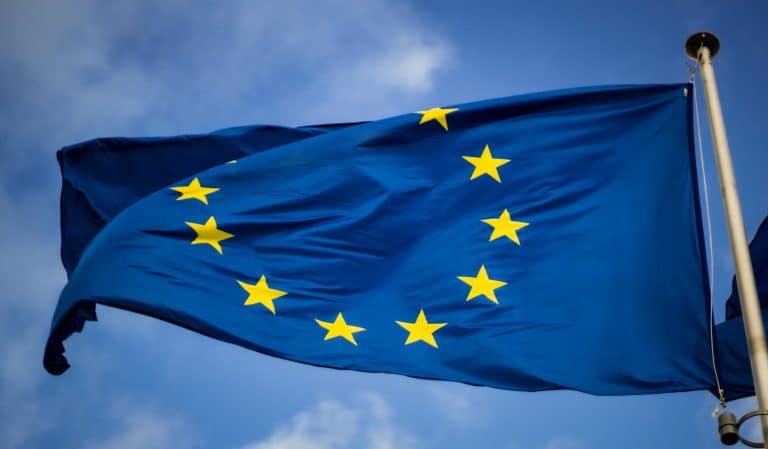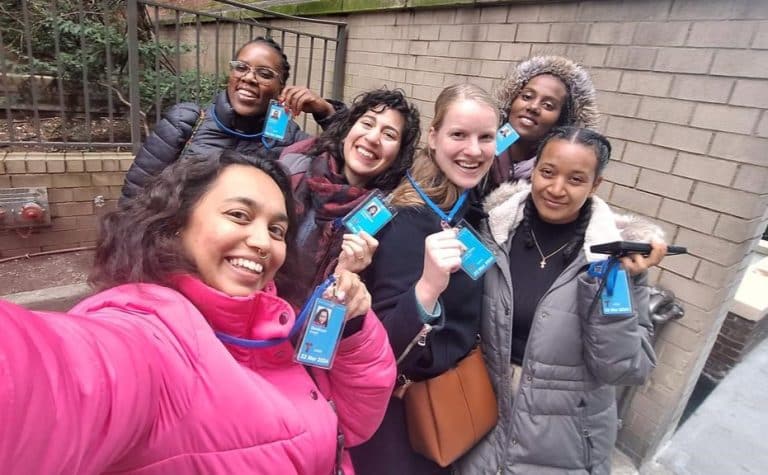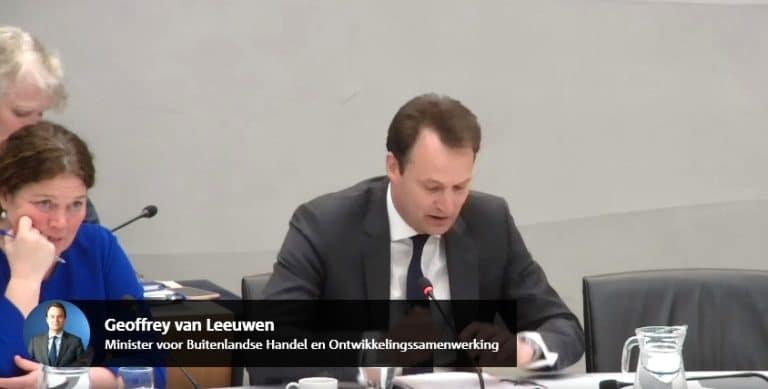In her new opinion article, Wemos director Mariëlle Bemelmans explains why the Covid-19 crisis shows the need for global solidarity. ‘There is no point in only improving our own health care, and neglecting it elsewhere, because a virus outbreak elsewhere will eventually reach us all in this globalised world.’
“The COVID-19 pandemic has shown that we are only as strong as our weakest health system,” said António Guterres, Secretary-General of the UN, on Twitter. An important reminder indeed, as everyone, everywhere is absorbed by corona, especially in our field of work: global health. Here in the Netherlands too, we see disturbing graphs every day. Nevertheless, we all have access to health care, to dedicated and well-supported doctors, nurses, medicines, respiratory equipment, and intensive care. Poor or rich, young or old – we all receive care, without getting into debt for it. A privilege that we may not always think about, but for which we should be extra grateful in times like these. As Richard Horton wrote on Twitter today (March 24, 2020): “The countries that will be most resilient to COVID-19 will be those with the most universal, equitable, responsive, and well-financed health systems. Never have three simple words—health for all—meant so much.”
At Wemos, we are very much concerned about the countries where our partners live and work. Africa still reports relatively low numbers of (registered) infected people, but this is likely do to the limited possibilities for testing. So, it may be only a matter of time before the extent of the epidemic becomes clear there. We’re holding our breath. A country like Uganda or Malawi only has a fraction of the number of health workers the Netherlands counts – about 5% – to fight this outbreak. And we haven’t even mentioned the differences between rich and poor, living conditions in an overcrowded slum, the lack of access to clean water and a bar of soap to regularly wash your hands with. We also think of all those people with vulnerable health or a chronic illness such as HIV or tuberculosis. Being able to afford private care or using the largely inadequate public health care may make the difference between life and death.
I am also worried about the collateral damage in countries with weaker health systems. In Liberia, the number of deaths by other/related causes during the 2014 Ebola outbreak was much higher than by Ebola itself. Healthcare was so overloaded that check-ups of pregnant women and safe deliveries were compromised. People with malaria did not receive the medicines they needed, and children were no longer or insufficiently vaccinated against all kinds of diseases. Similar situations existed during the dysentery and cholera epidemic in Zimbabwe in 2007. The challenge is to ensure adequate protective equipment, especially for health workers, so they can keep working. During the Ebola outbreak, many doctors and nurses fell victim to the virus.
Current measures in the Netherlands have been taken due to similar major concerns about the burden on our healthcare. However, here we have been able to scale up quickly. National coordination of intensive care occupancy was set up, protective equipment is distributed as fairly as possible, and ambulances transport patients from the most affected areas to hospitals elsewhere in the country to make room for new patients. Retired doctors and nurses are given the opportunity to return to work, the BIG registration requirements, that apply to Dutch health professionals, will be more flexible/ temporarily, and an emergency team of tropical doctors will be deployed by Doctors without Borders to assist hospitals, for example here in Brabant, where I live.
Within Europe, despite closed borders and blocked border roads, there is also increasing coordination and cooperation. Anything to stem the epidemic and prevent a devastating economic recession. For Europe this is not surprising, considering our shared history of cooperation. The big question is, however: are we going to work just as hard when the epidemic spreads to the countries with the weakest healthcare systems in the world, for example in Africa? Will we also show solidarity then?
Epidemics are often illustrative of underlying problems, and mainly are the result of many years of a lack of effective investment in strong and resilient healthcare. We can only prevent future epidemics if all countries are able to make these needed investments. This calls for cooperation on a global scale. There is no point in only improving our own health care, and neglecting it elsewhere, because a virus outbreak elsewhere will eventually reach us all in this globalised world.
Yuval Noah Harari wrote an already iconic article in the Financial Times yesterday, stating that humanity is faced with the essential choice between nationalist isolation and global solidarity. He argues that both the current epidemic and the resulting economic crisis need a global approach: sharing information and collaborating on all possible solutions in the spirit of global solidarity and trust. Hear hear!
As Wemos we would like to add: give decent, well-paid jobs to all doctors, nurses and other care providers who are currently unemployed because there were no jobs for them. Not only during this crisis, but also afterwards, to help realise ‘health for all’, now and in the future. International coordination is required for the production and distribution of protective equipment, face masks, medical equipment, medicines and vaccines. So health workers can do their work without running too many risks themselves. There should be a global patent pool for COVID-19 to ensure that vaccines become widely available to everyone in the world, not just to those countries and people who can afford it. We can draw important lessons from this to learn how we can make all necessary medicines available to everyone in the future. And, let’s make sure that donors and major financial institutions not only make money available to absorb the biggest economic blows, but also increase commitment and heavily invest in global health(care), especially where these investments are most needed. Right now, but certainly in the future.
To speak with Harari: “This storm will pass. But the choices we make now could change our lives for years to come.”
Read Mariëlle’s article in Dutch.




